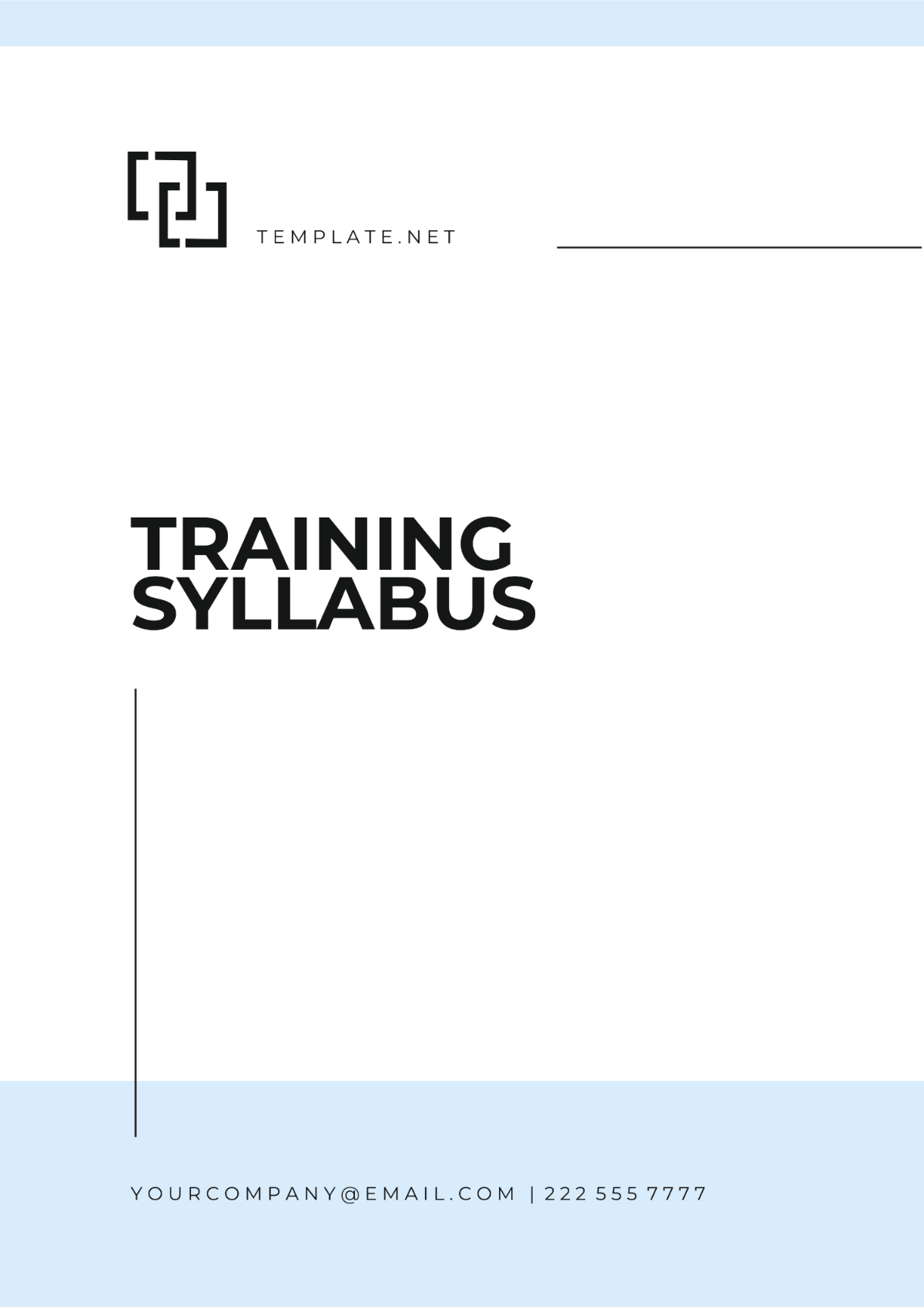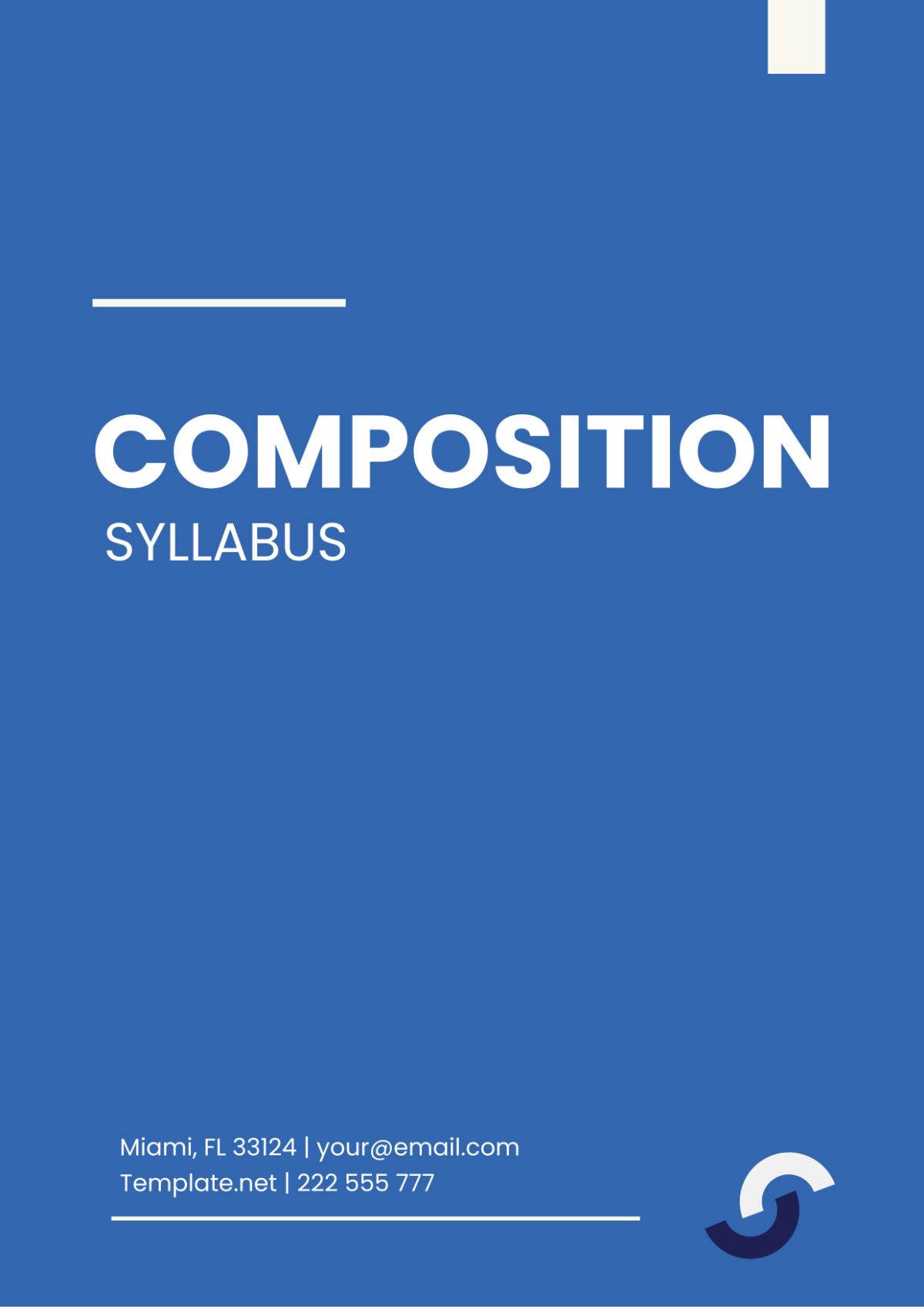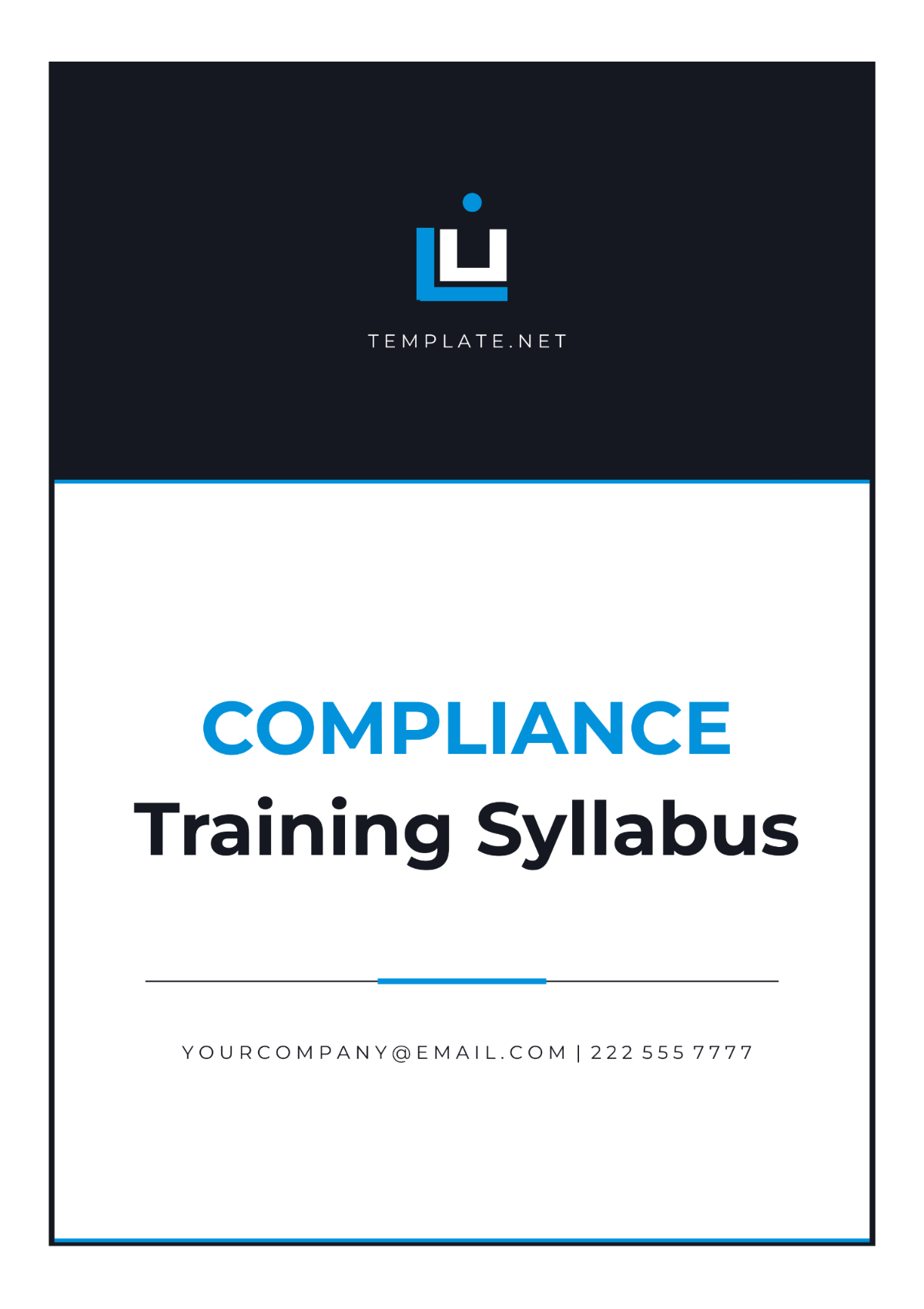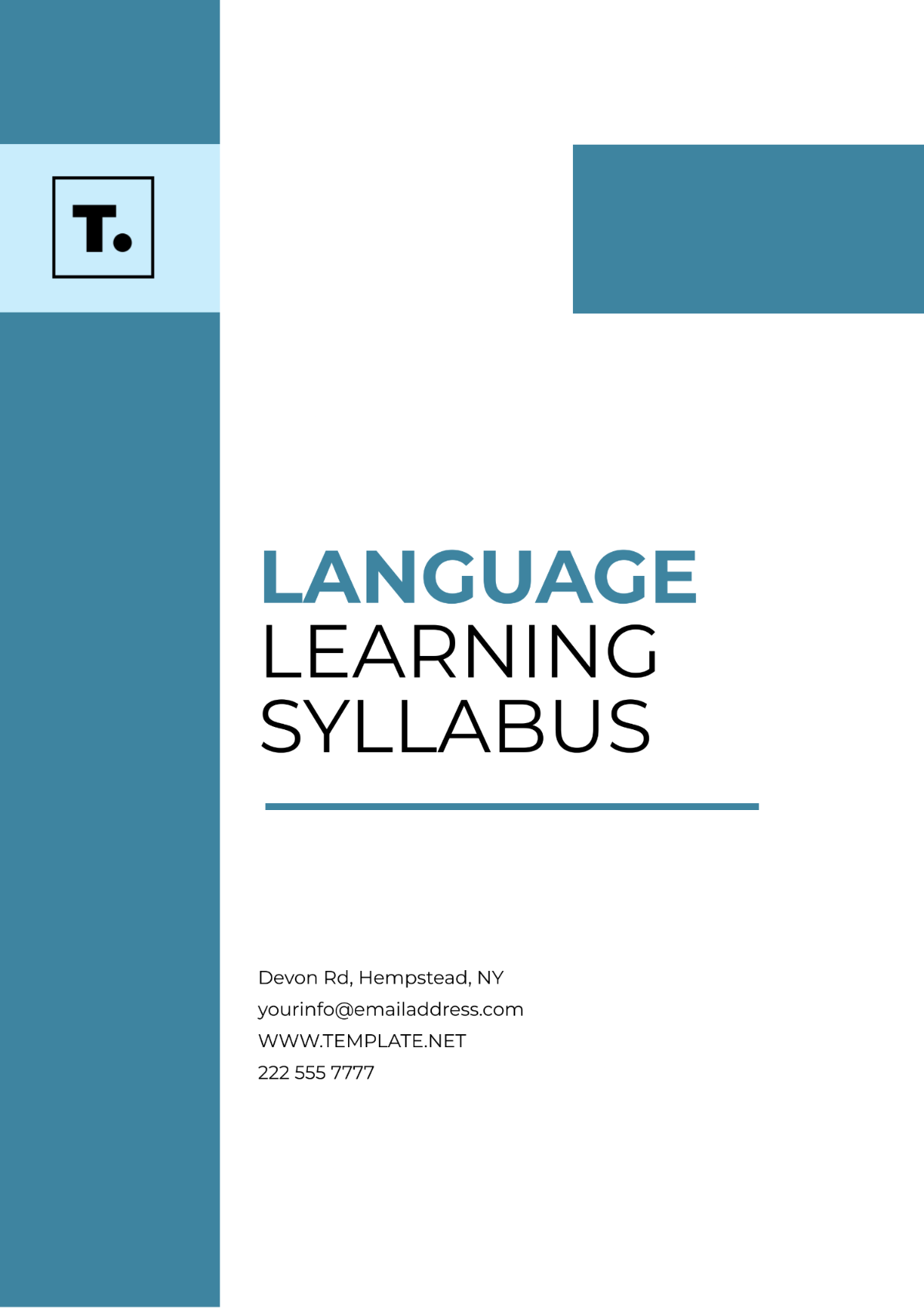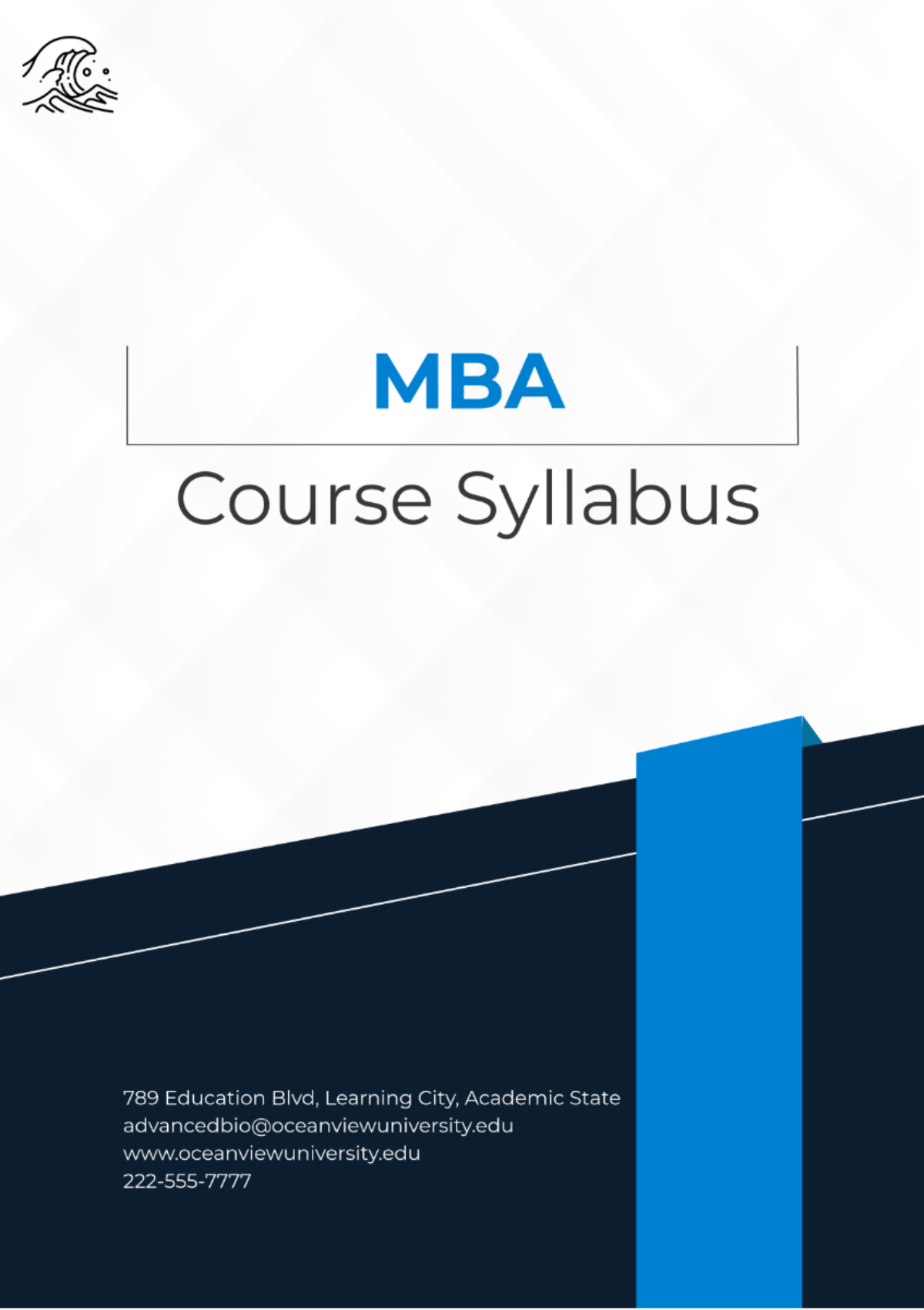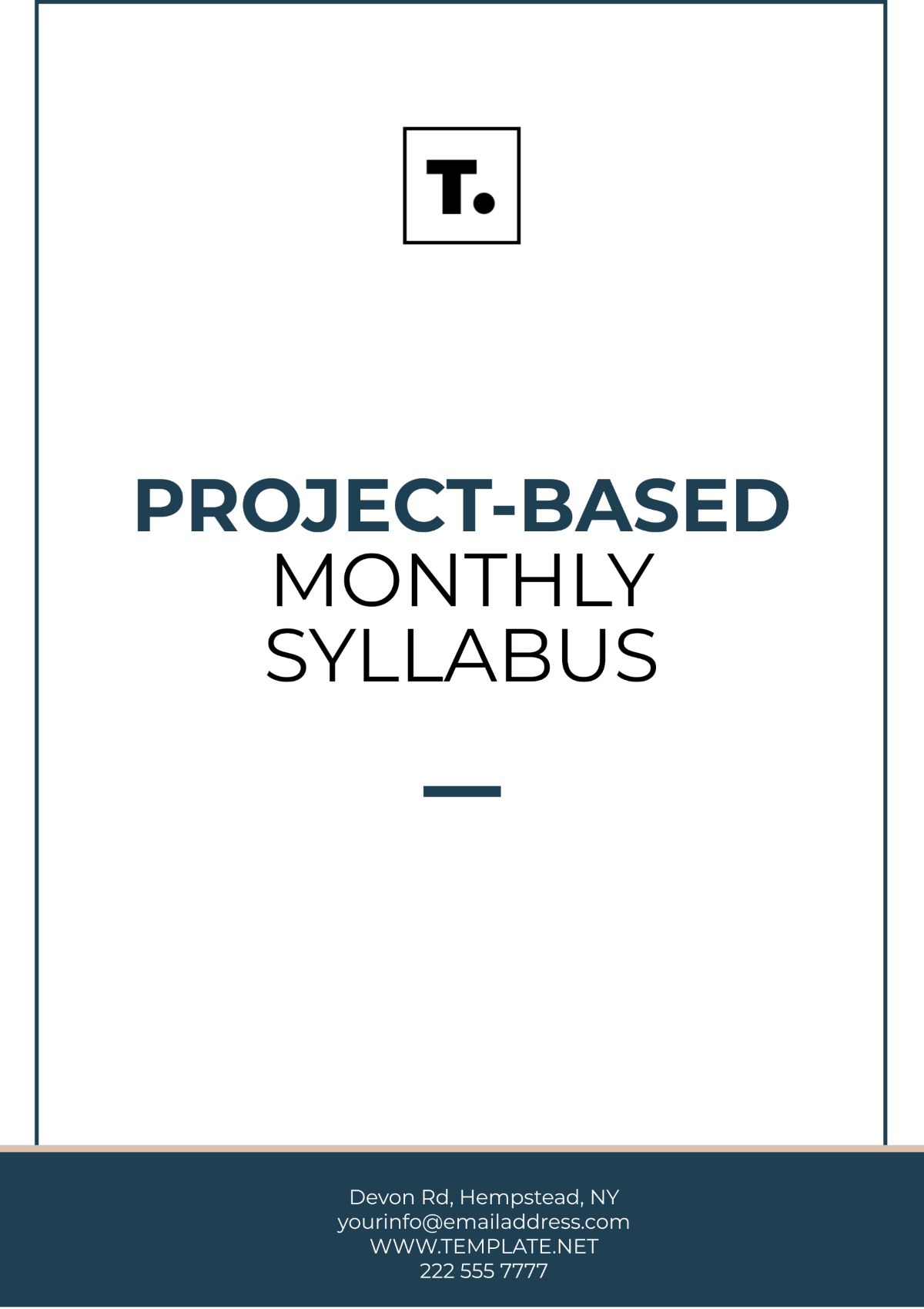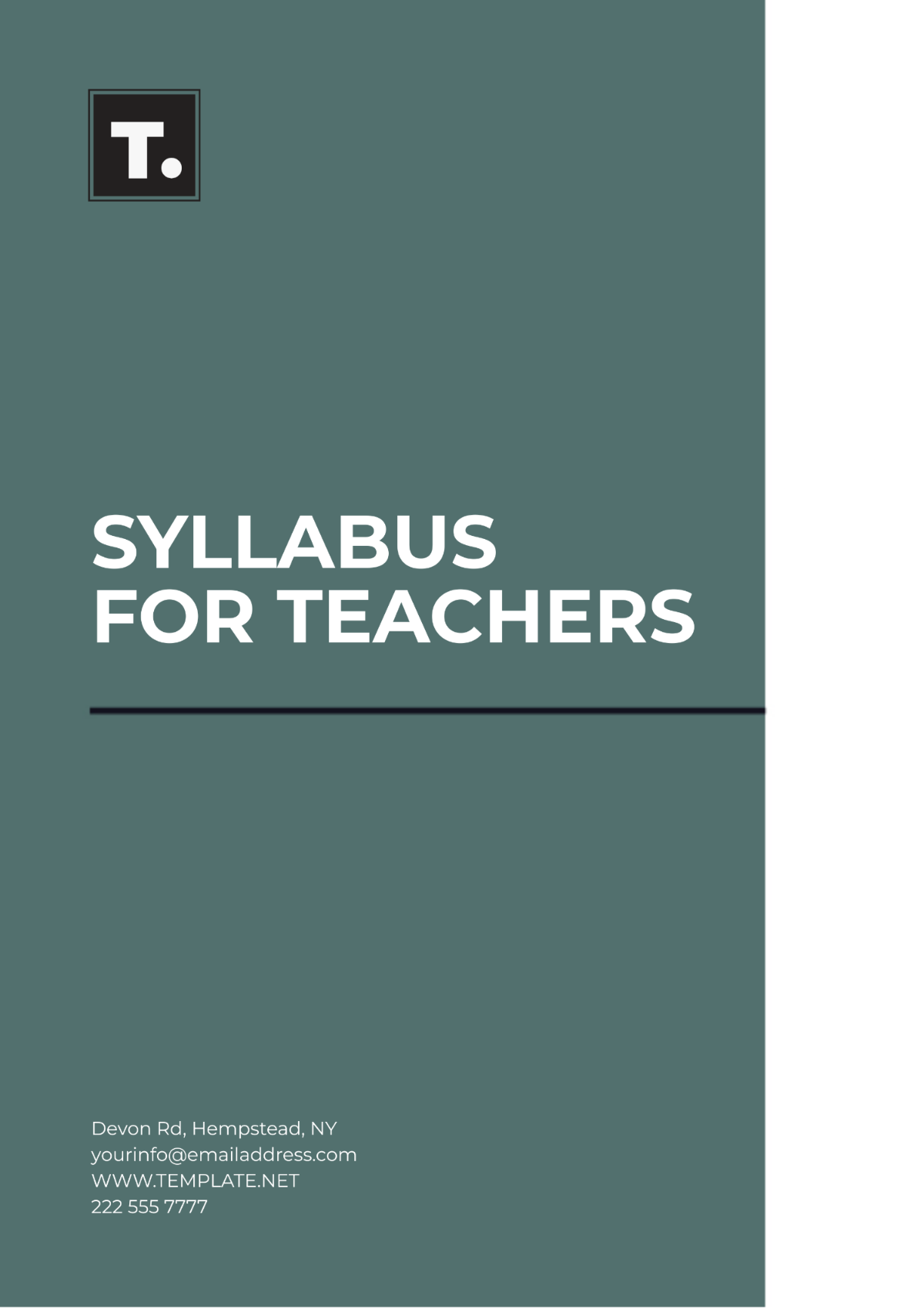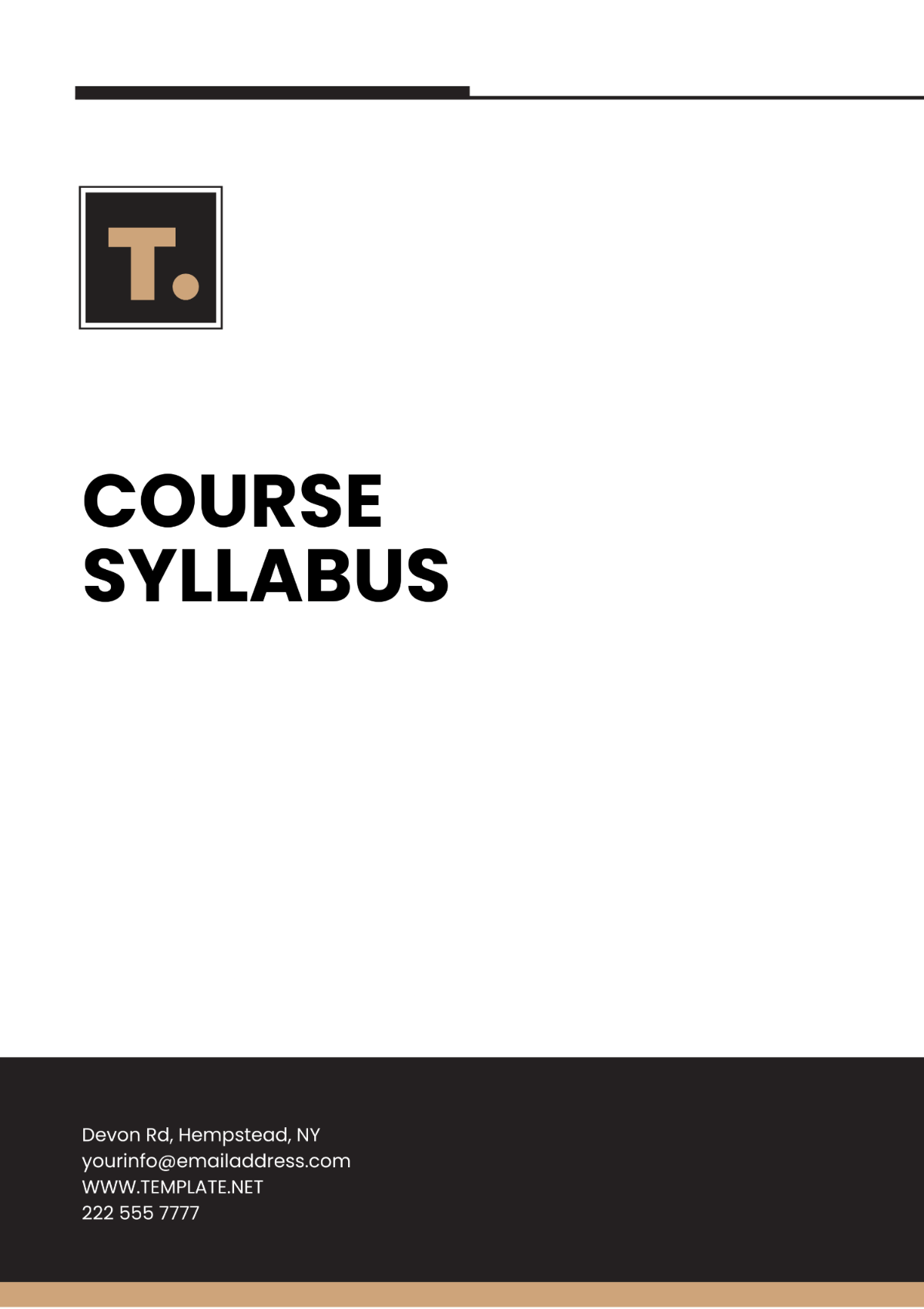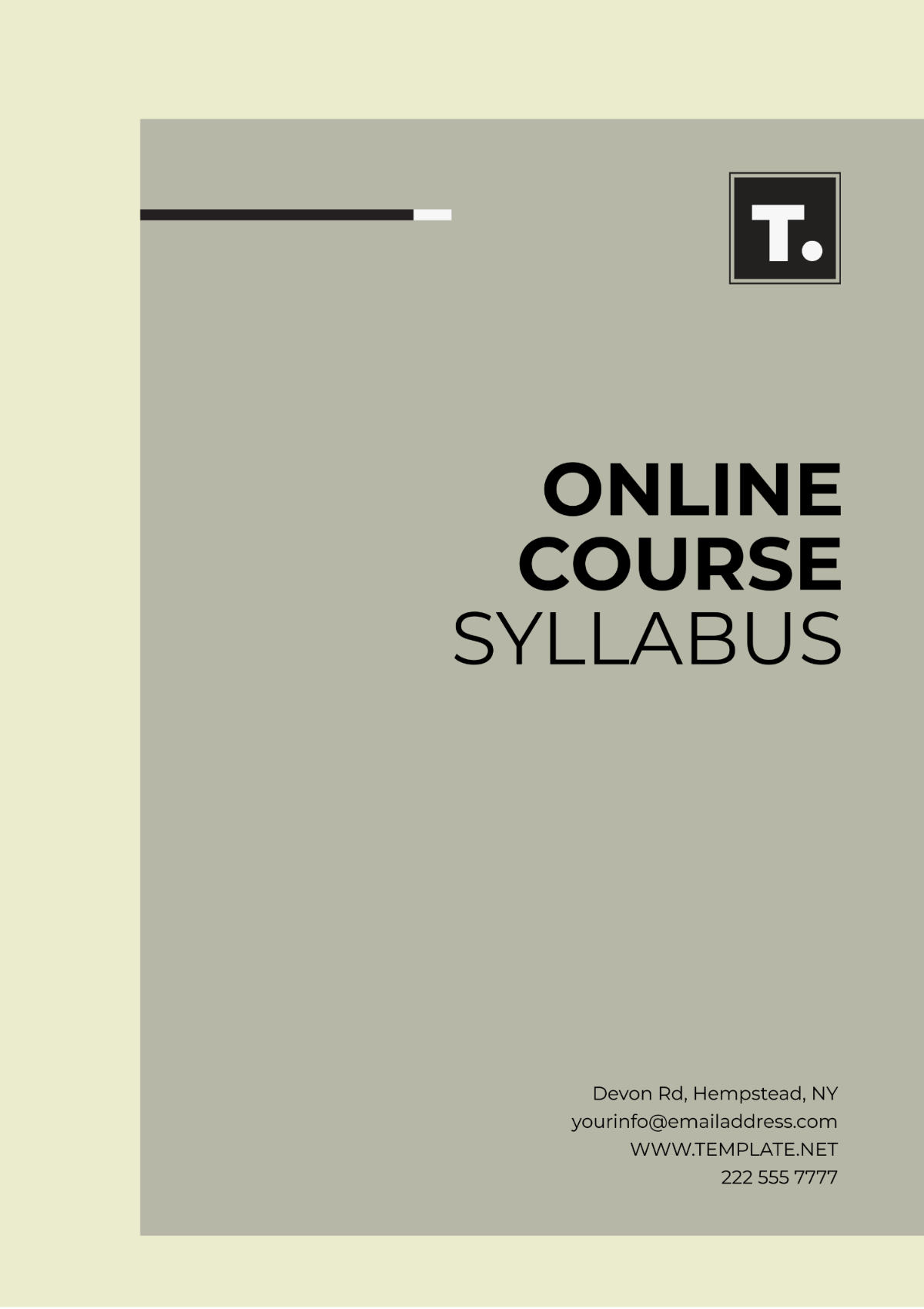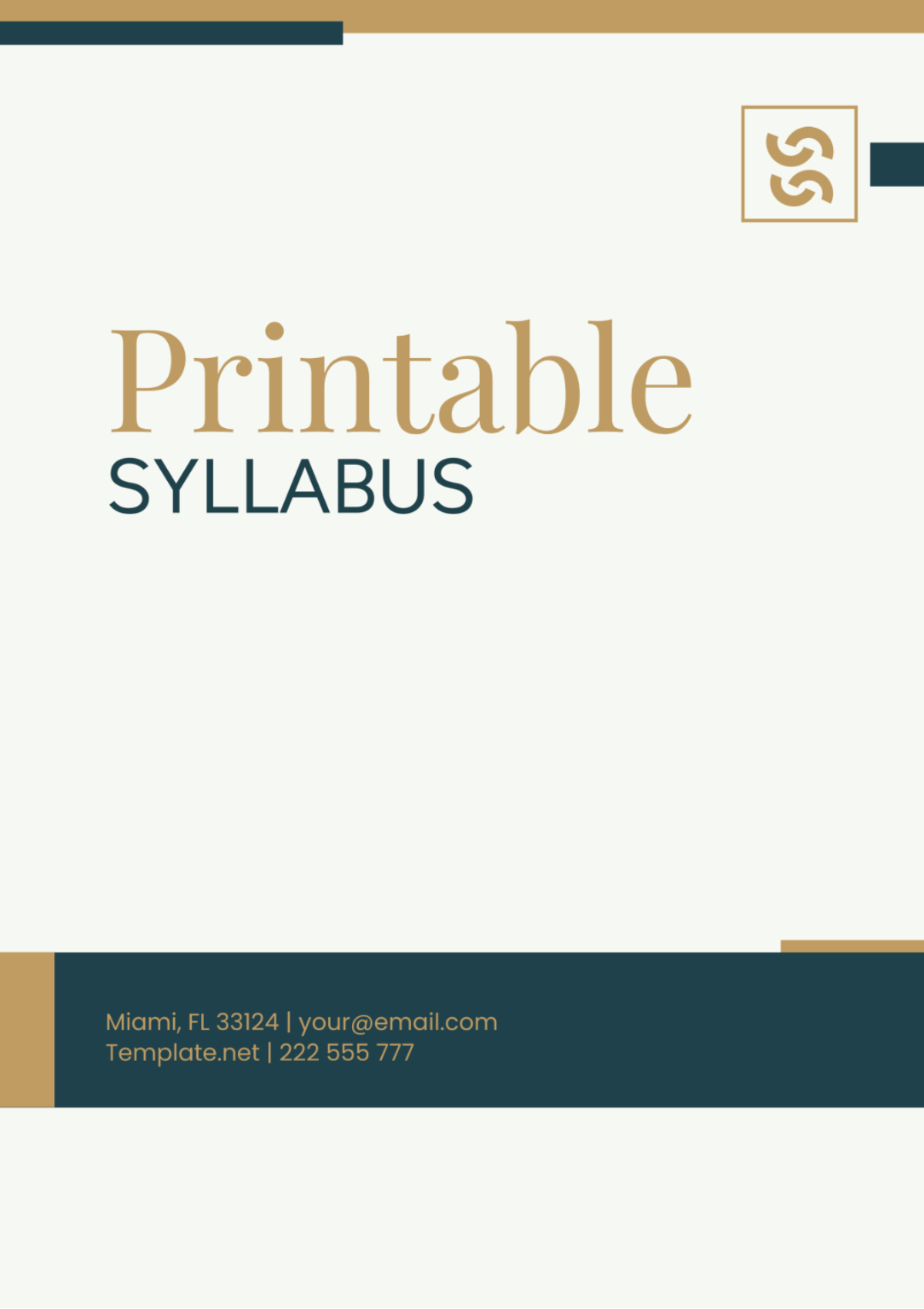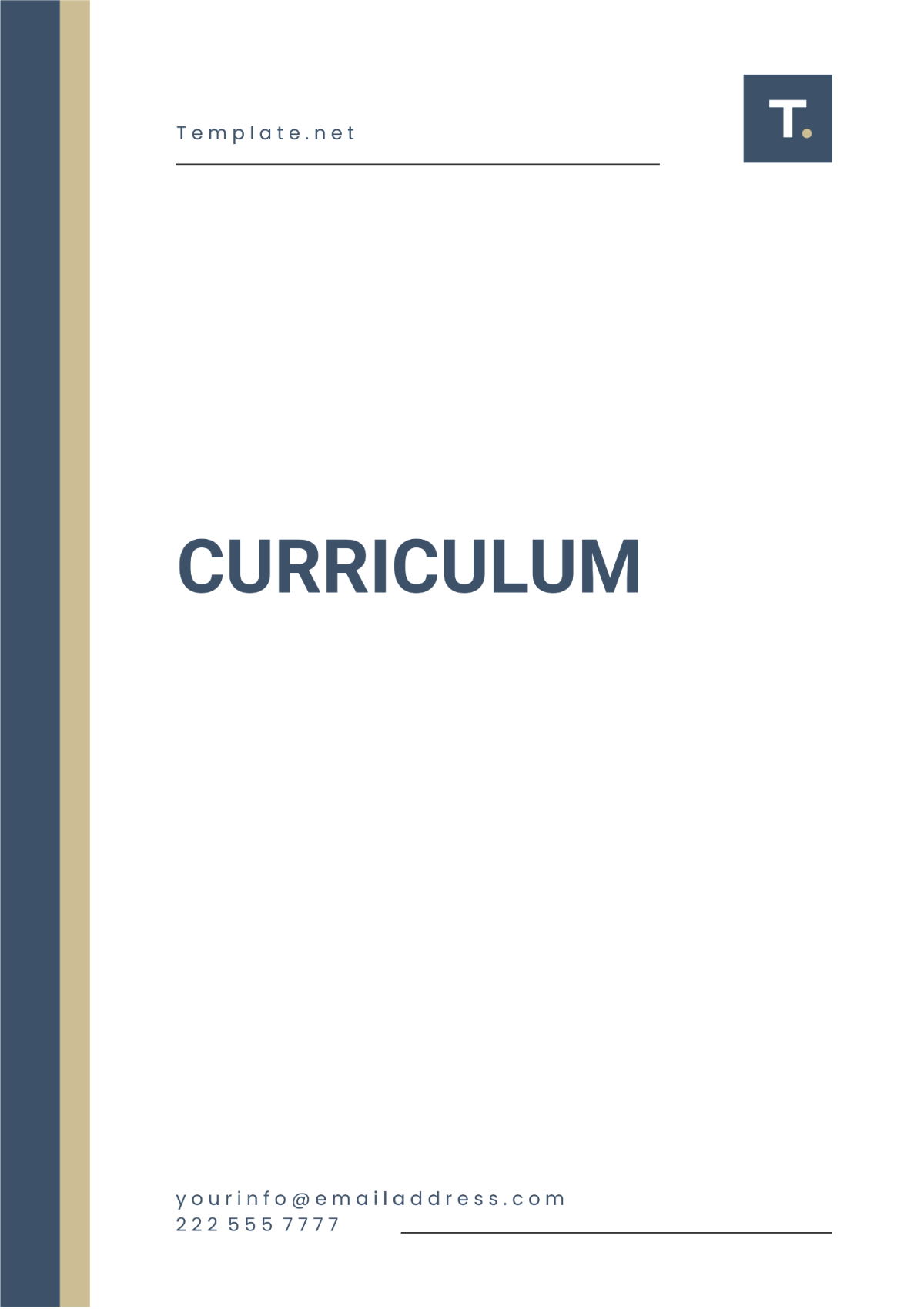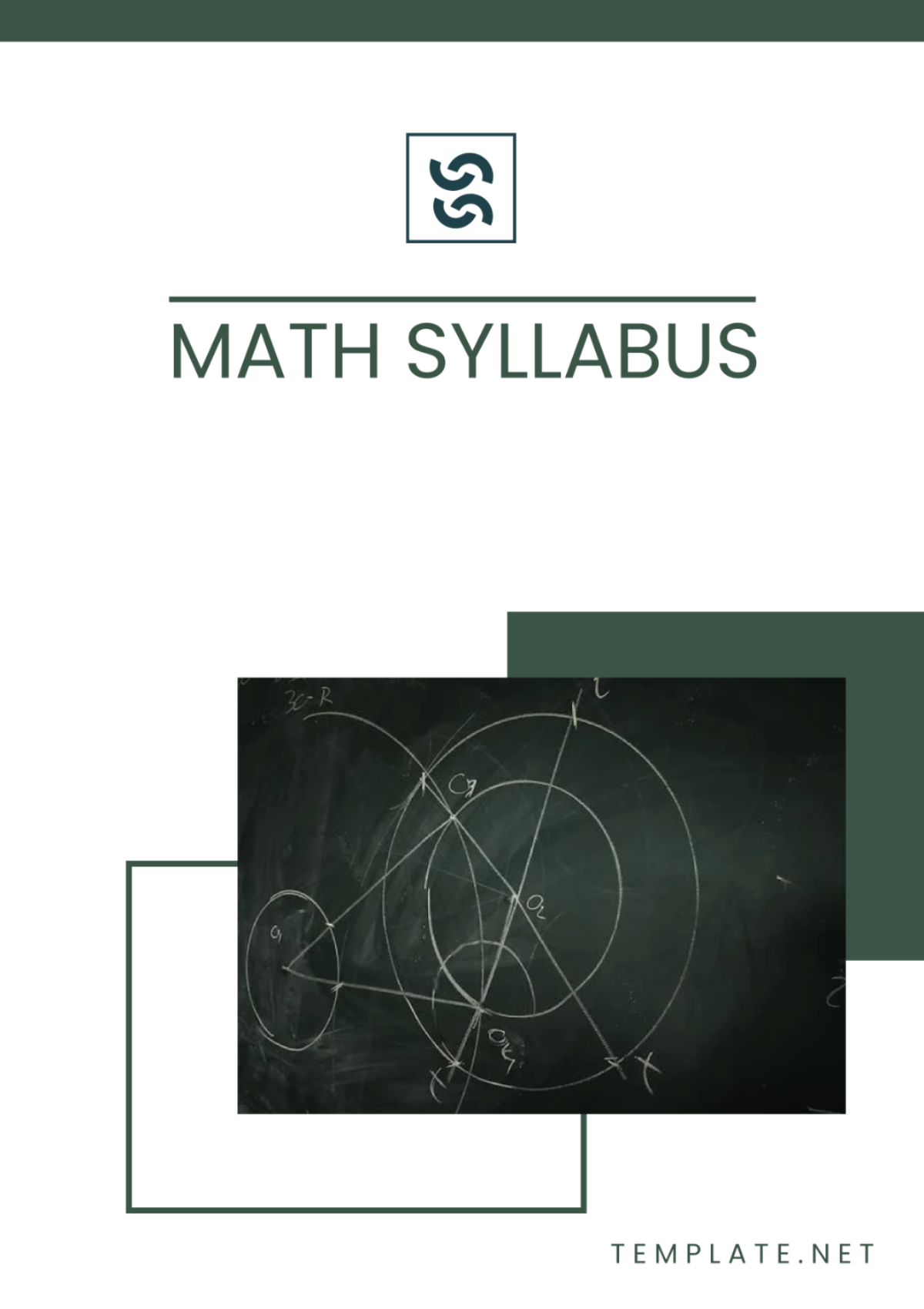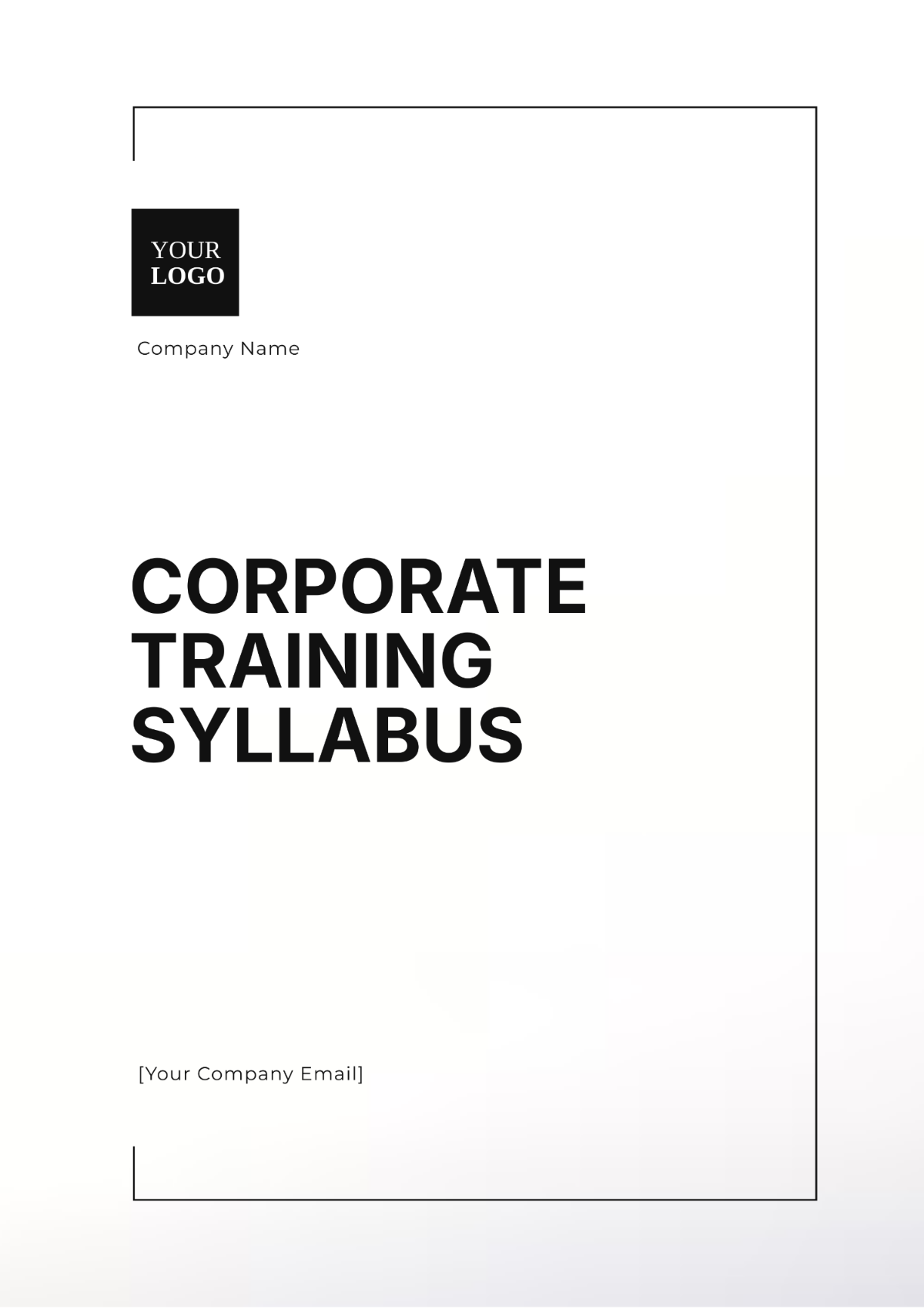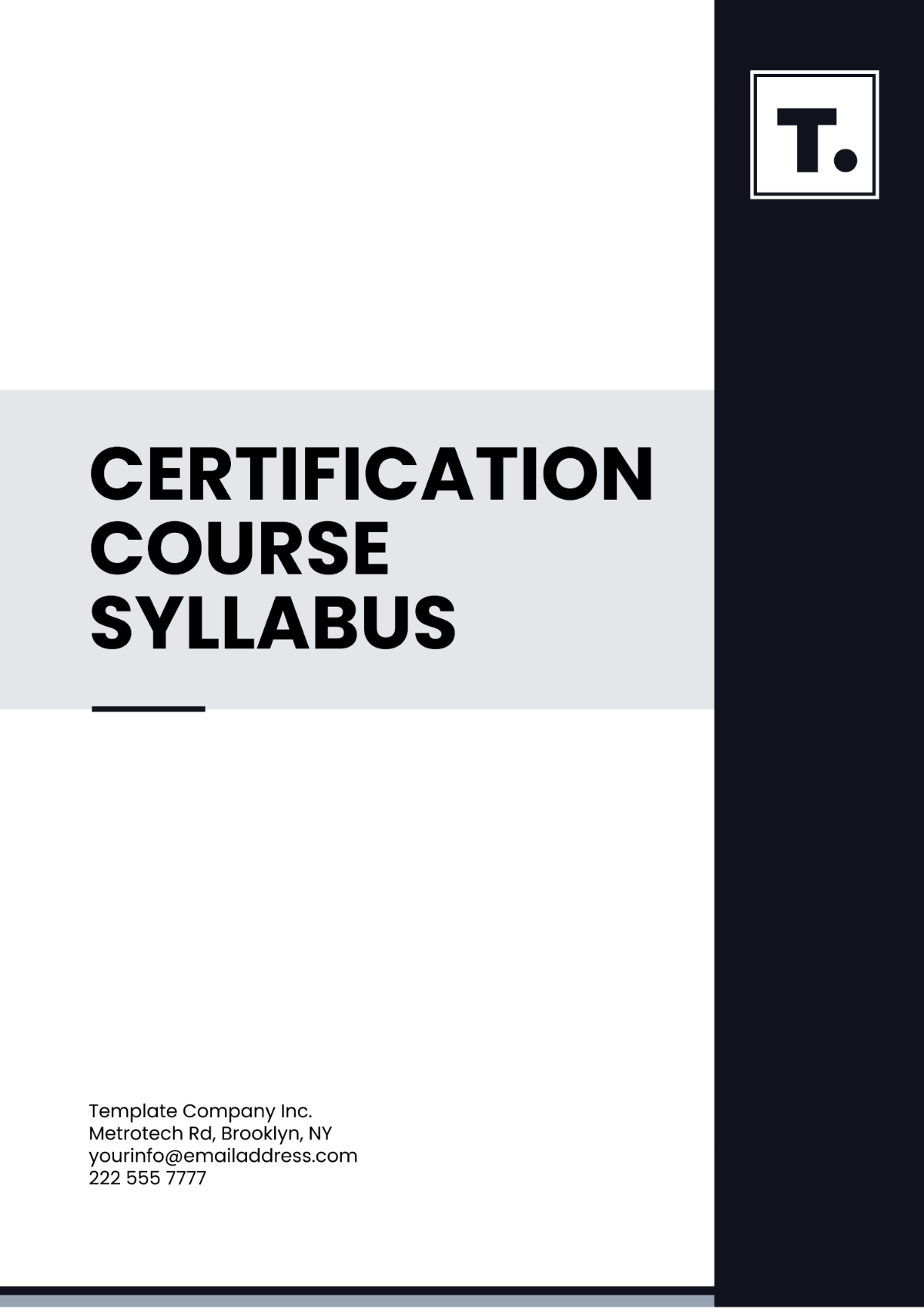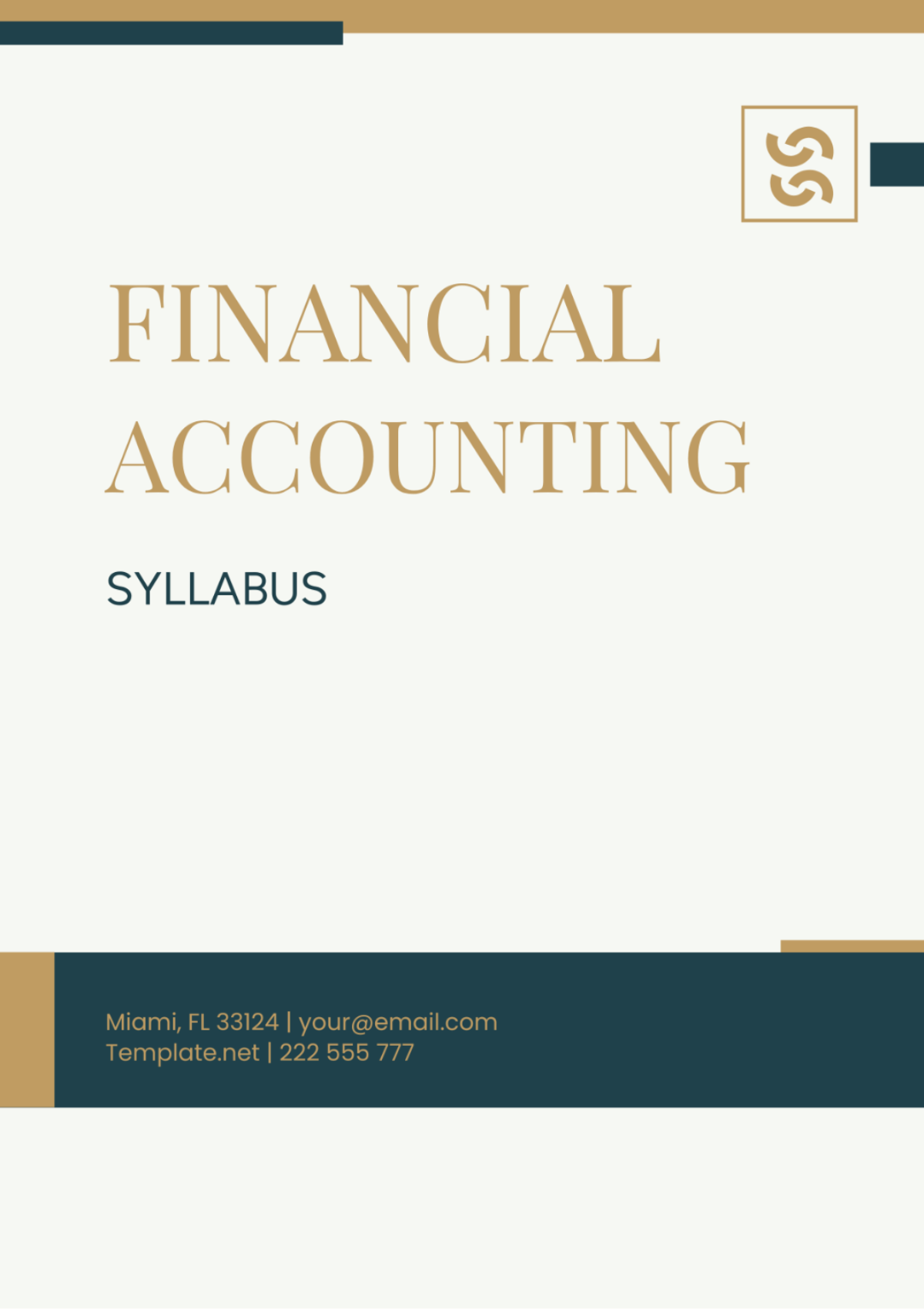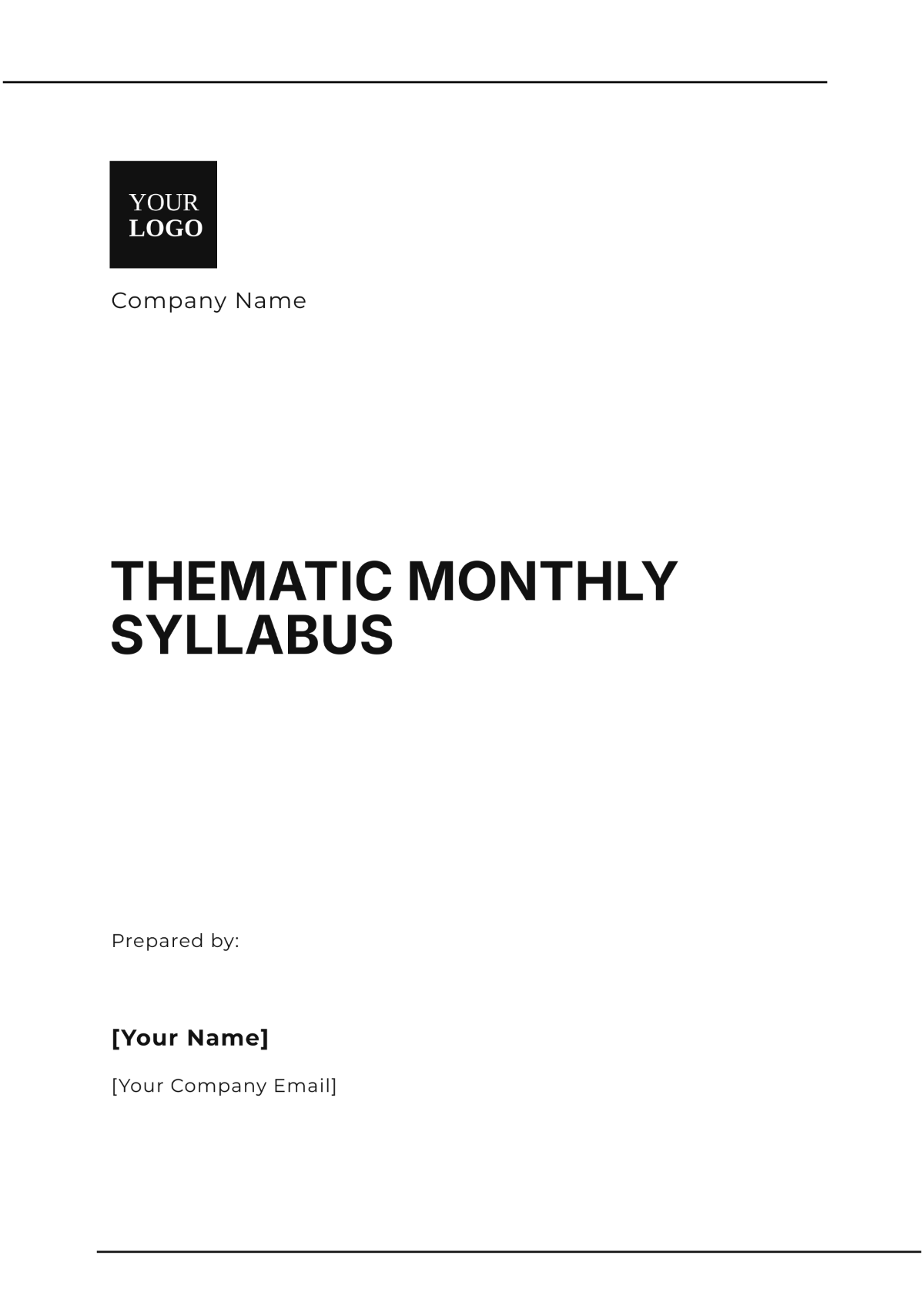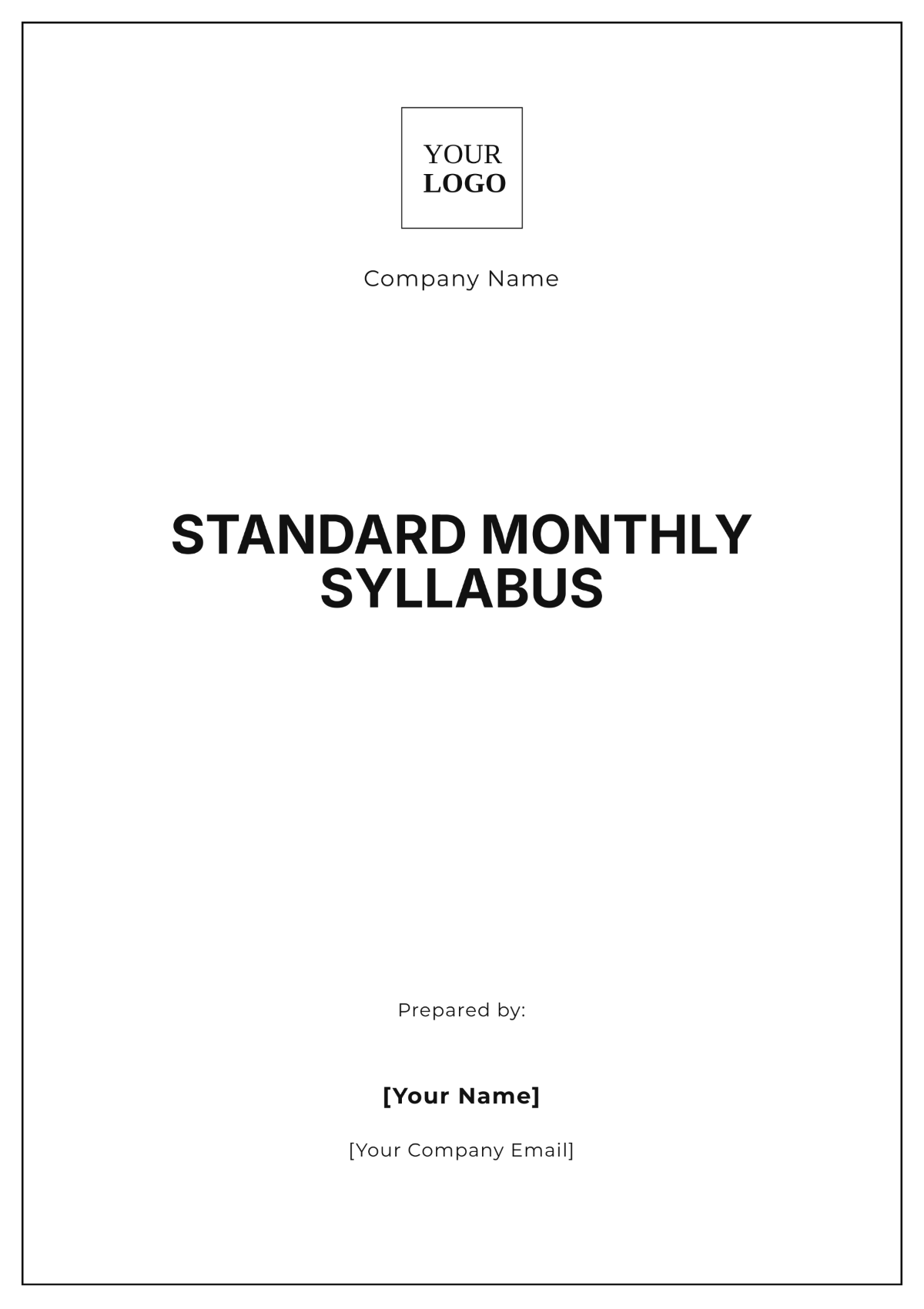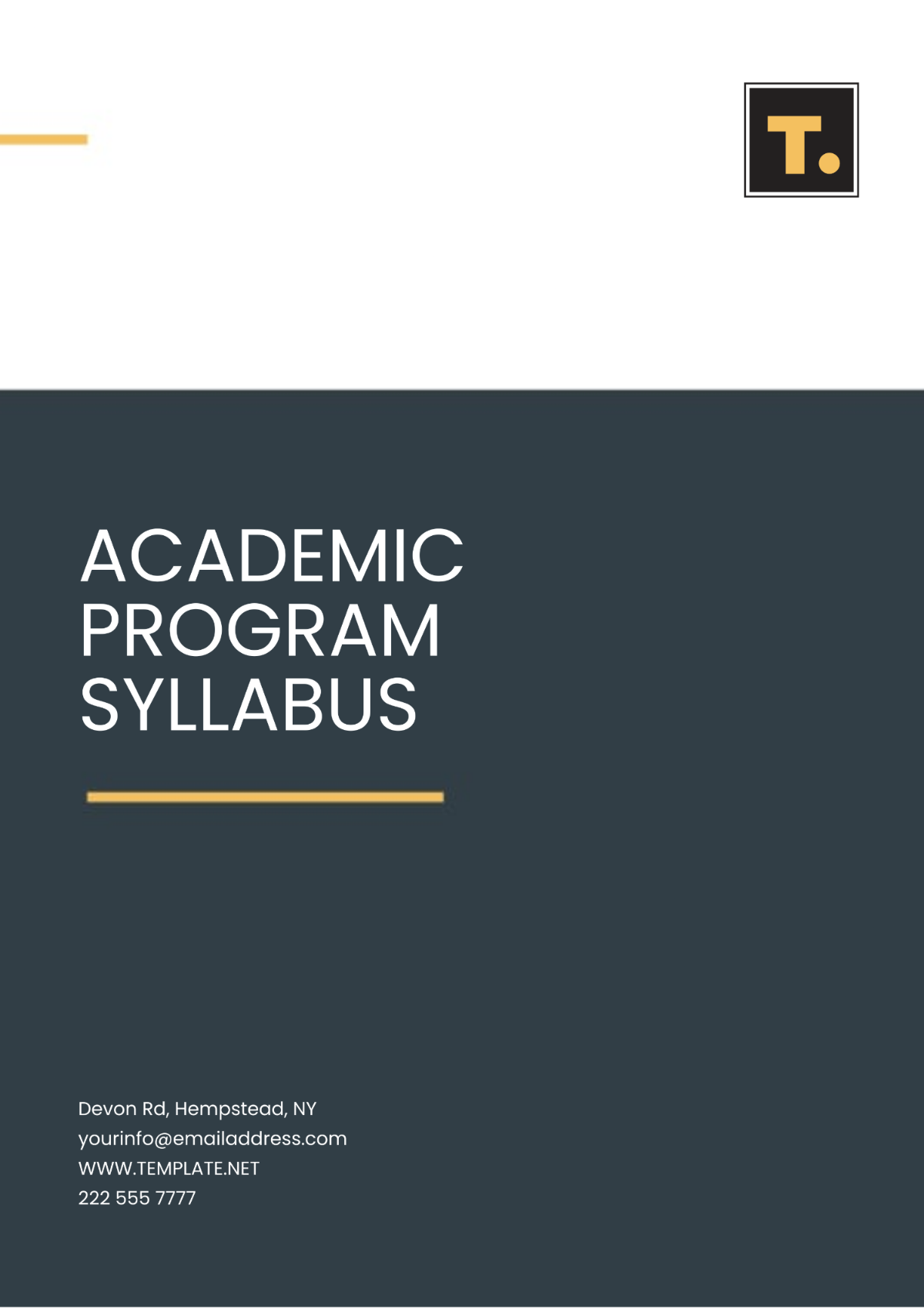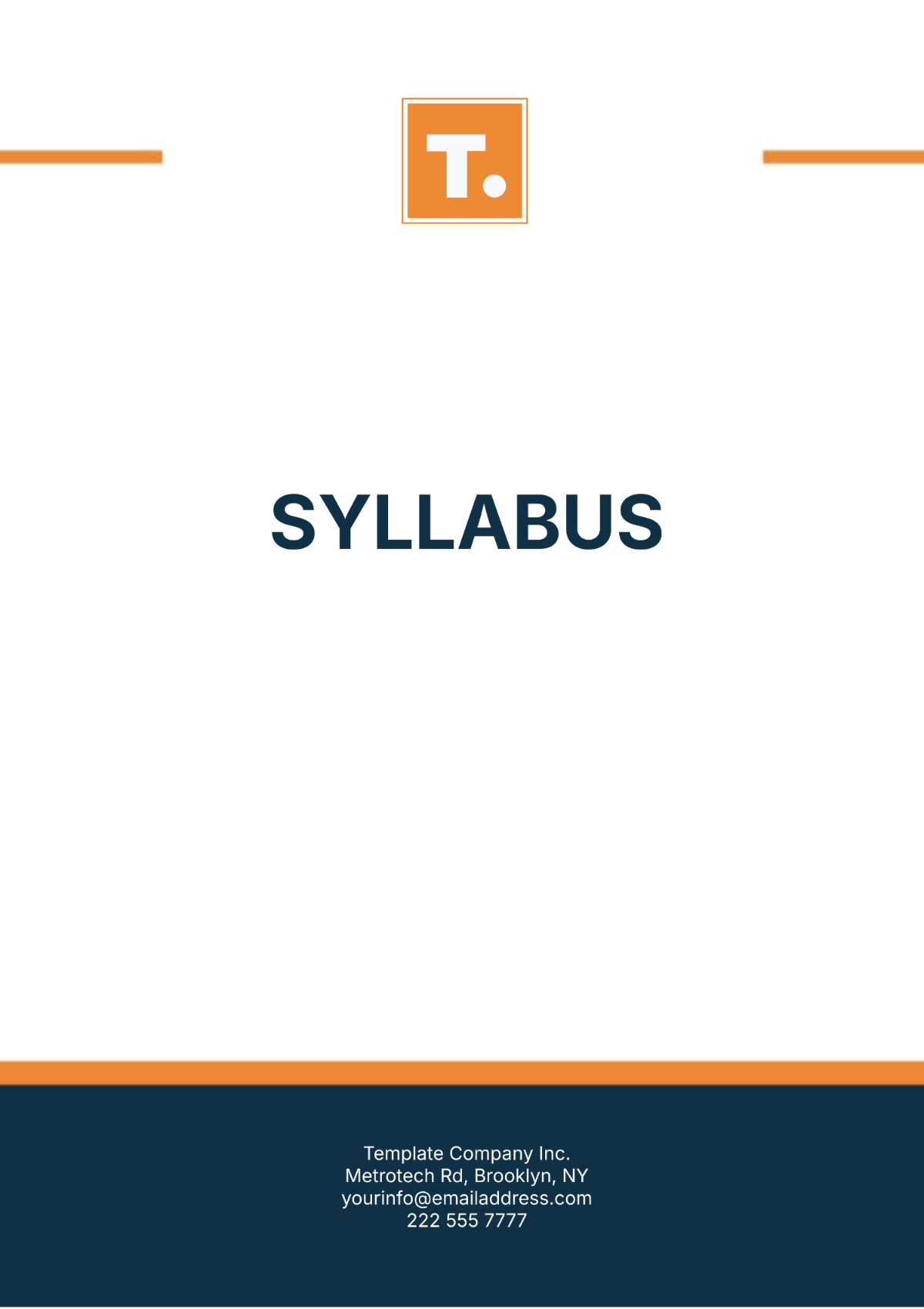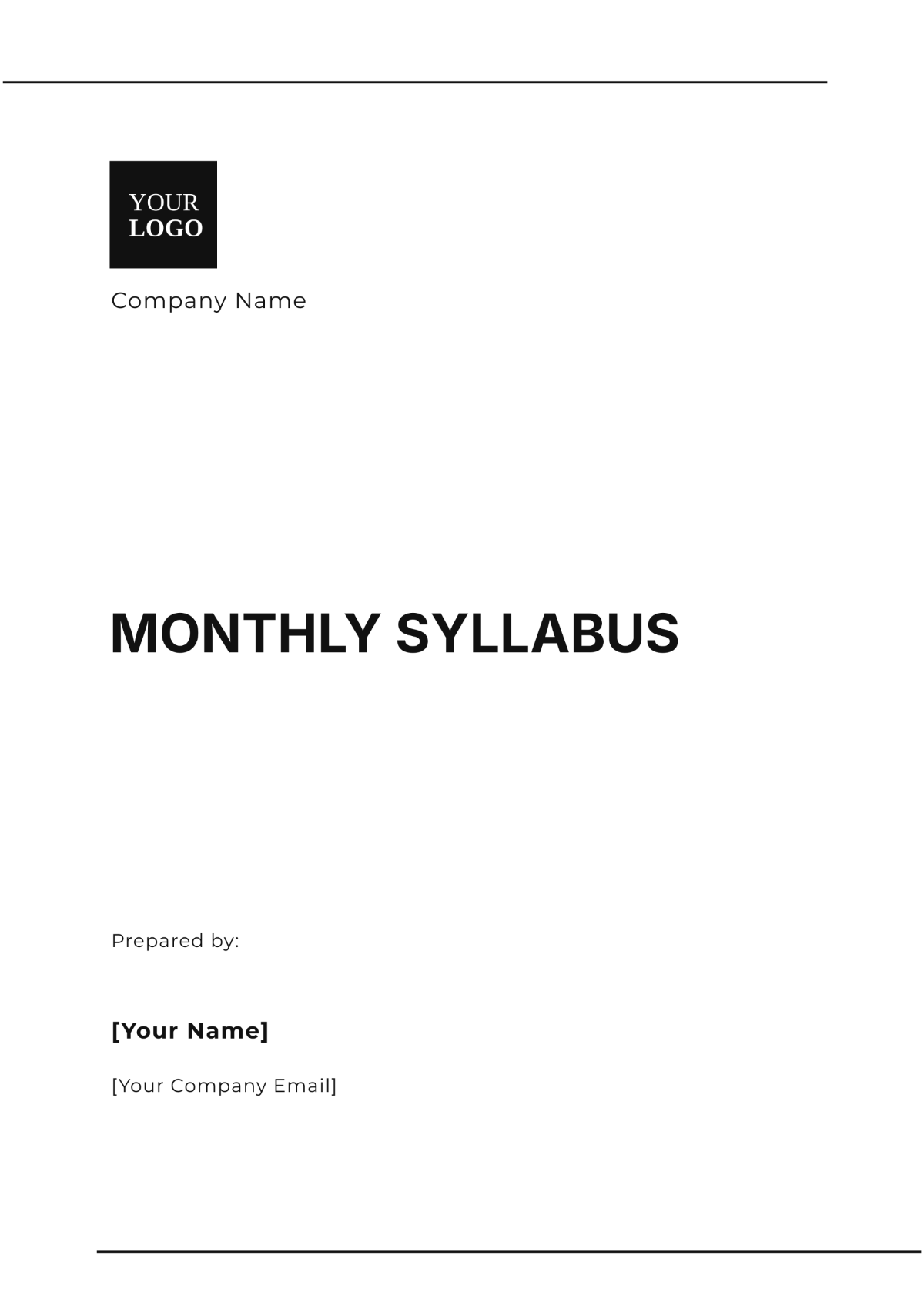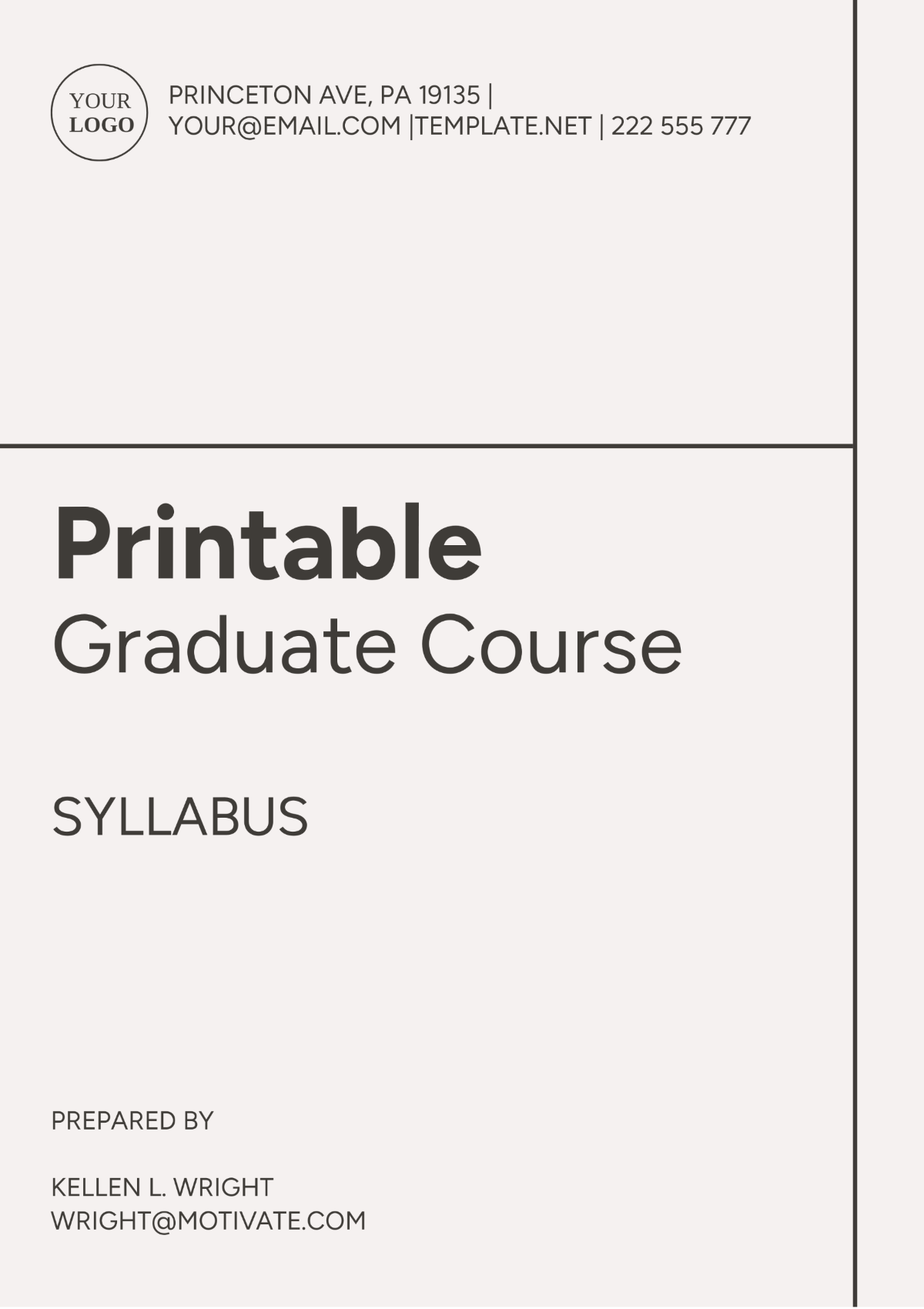Advanced Macroeconomics Syllabus
Advanced Macroeconomics Course
Course Title | [COURSE TITLE] |
Course Code | [COURSE CODE] |
Instructor Name | [YOUR NAME] |
[YOUR EMAIL] | |
Class Schedule | [OFFICE HOURS] |
Class Location | [CLASS LOCATION] |
Office Hours | [OFFICE HOURS] |
Textbook | [CLASS TIME] |
Class Duration | [DATE] - [DATE] |
Course Description | [DESCRIPTION] |
Course Description
This course, organized by [YOUR COMPANY NAME], provides advanced knowledge and the necessary tools for students to deeply understand and analyze macroeconomic theories. Students in this course should already have a basic knowledge of economics, as this material is advanced and requires groundwork understanding.
1. Instructor Information
[YOUR NAME] will be your instructor for this course. Feel free to contact me at [YOUR EMAIL] for any queries about the course material or anything related to the course.
2. Learning Objectives
To comprehend and analyze advanced macroeconomic theories and models
To evaluate the effect of economic policies on the economy
To develop the capability to carry out independent research
To understand the effect of different macroeconomic factors on economy
To develop problem-solving skills in macroeconomic topics
3. Course Schedule
Week | Topic | Reading |
|---|---|---|
1 | Introduction to Growth Theory | "Macroeconomics" by N. Gregory Mankiw, Chapter 8: Economic Growth |
"Endogenous Growth Theory" by Philippe Aghion and Peter Howitt, Journal of Economic Perspectives | ||
2 | Solow Growth Model | "Macroeconomics" by N. Gregory Mankiw, Chapter 7: Economic Growth |
- "The Solow Growth Model" by Robert Solow, The American Economic Review | ||
3 | Neoclassical Growth Model | "Macroeconomics" by N. Gregory Mankiw, Chapter 8: Economic Growth |
"Recursive Methods in Economic Dynamics" by Nancy Stokey and Robert Lucas Jr. | ||
4 | Endogenous Growth Theory | "Endogenous Growth Theory" by Philippe Aghion and Peter Howitt, Handbook of Economic Growth |
"Macroeconomics" by N. Gregory Mankiw, Chapter 8: Economic Growth |
4.Required Readings and Materials
Advanced Macroeconomics - David Romer
Macroeconomics: Institutions, Instability, and the Financial System - Wendy Carlin and David Soskice
Lecture Notes on Macroeconomics - [YOUR NAME]
A variety of research and journal articles, to be specified week by week
A Financial Calculator
5.Assignments and Assessments
Weekly problem sets requiring quantitative analysis
Two research papers based on topics discussed in the course
Mid-term and final exams assessing understanding of the course content
One group project analyzing a current macroeconomic issue
Class participation, including discussion of readings and problem sets
6.Course Policy
All assignments must be submitted on or before the due date. Late submissions may result in a penalty.
Plagiarism is strictly prohibited. Any evidence of plagiarism will result in severe penalties.
Students are expected to regularly participate in class discussions.
Attendance is mandatory. More than three absences without a valid reason may impact your final grade.
All exams must be taken on the scheduled date and time, unless otherwise approved by the instructor.
7.Grading Policy
Weekly Assignments: 30%
Research Papers: 20%
Mid-term Exam: 15%
Final Exam: 25%
Class Participation: 10%
8.Disclaimer
The syllabus for this course is not set in stone and alterations can be implemented at any point in time based on the judgment and discretion of the teacher. Should there be any modifications to the syllabus, the instructor will endeavour to promptly inform all students in order to keep them updated with any new modifications as soon as it is feasible.




